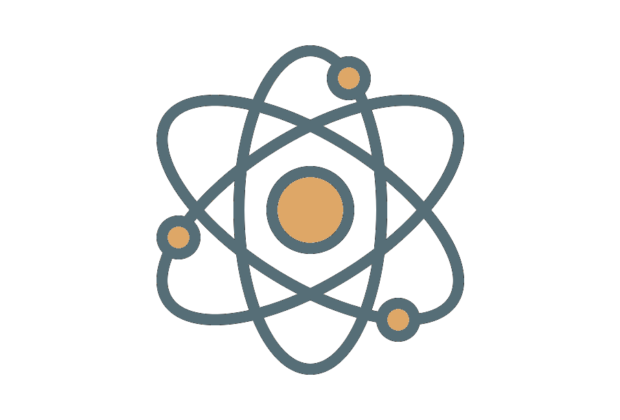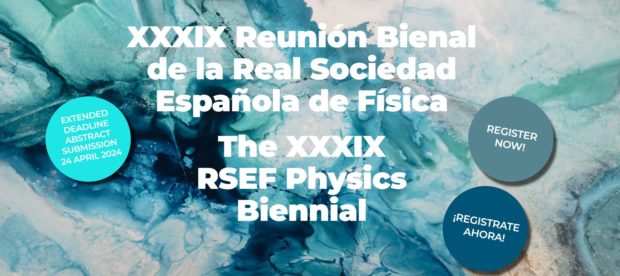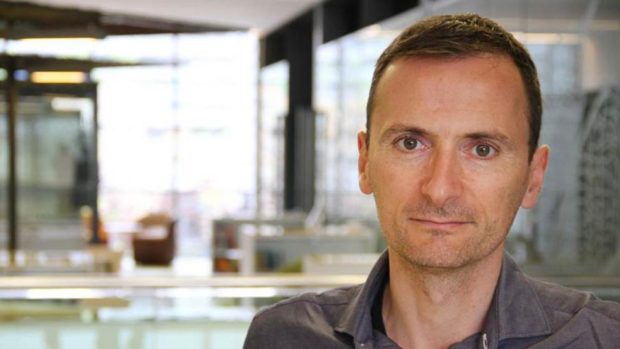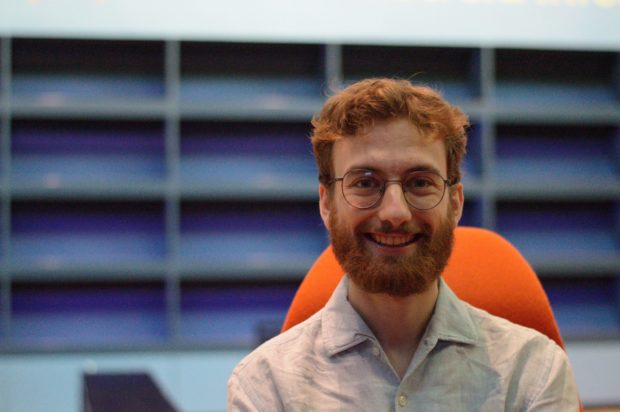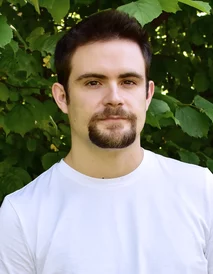ICE 9: Quantum Information in Spain (Tenerife)
We are pleased to announce that the 9th edition of the Quantum Information in Spain (ICE) conference will be held from the 11th to the 15th of November 2024 at Puerto de la Cruz (Tenerife). ICE is the annual meeting of the Spanish Network on Quantum Information (RITCE) which brings together national and international researchers…


